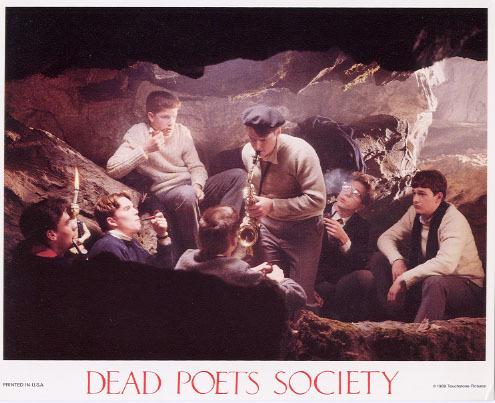Illusions of the Mind
They were all sitting in a cave, facing a white wall and watching the images presented on it. They were looking at the images as if they were real, as if they were not the shadows of the people outside the cave cast on the wall by the fire behind them. It was a pleasure to watch, because only when they were watching did the sense of reality leave them. Not long after, they forgot that they were chained and became lost in the illusion.
Plato's Analogy of the Cave has always been one of the topics I enjoy pondering. Although one should study his Theory of Forms to have a better understanding of the analogy, it may suffice to say that according to Plato, the things that are perceivable by the human senses are only their material aspects, whereas the reality lies in the ideas of the objects. The error of humanity is mistaking the material for the ideal, just like the prisoners of the cave, who think the shadows are real people.
It is hard to miss the resemblance between the Analogy of the Cave and the most important and at the same time most corrosive journey of humankind: the pursuit of happiness, in which one is willing to give up anything to reach his goal. The greatest obstacle an individual has to overcome is the misleading power of the promising vision of tomorrow, which prevents one from living today. Although the notion of giving tomorrow greater importance may sound familiar to the reader and may be classified as instinctive, it is no more than an idea imposed on people by society. When I think about the conversations I used to have with adults when I was a child, the third question they would always ask me was, "What do you want to be when you grow up?," instead of "What do you enjoy doing?" Being taught the importance of the occupation we would one day have, we as children accepted the promise of a better future as motivation enough to endure the pains of today.
There also exists another way of thinking about happiness, which can be considered quite opposite to the conventional way presented above -- one that I was lucky enough to get acquainted with via its depiction in the 1989 film "Dead Poets Society." The protagonist of the film, Mr. Keating, is an English teacher who is to start teaching at a well-respected boarding school. The lives of the students -- who are expected to fulfill their parents' wishes by becoming successful lawyers -- change with the entrance of Mr. Keating, played by Robin Williams. In contrast to all the other faculty members at the school, who are only concerned about teaching the students what they need in order to be academically successful, Mr. Keating teaches them to live each and every moment of their lives. One of the best-known quotations from the movie is "Carpe diem," meaning "Seize the day" in Latin. Neil Perry, the most promising student in the class, discovers his passion for acting and plays Puck in Shakespeare's "Midsummer Night's Dream," showing that life is not all about being goal-oriented and not caring about the journey.
Unfortunately, not all of us are lucky enough to have a teacher like Mr. Keating, who can guide us along the rugged paths of life. Therefore, it should be our duty to stop every once in a while and ask ourselves whether we are making the best of today, or only enduring for the sake of tomorrow. As a fourth-year computer science major who has an English language and literature minor, all I can say is that it is never too late to make a change in one's life. So instead of turning our backs on the joys of life and missing out on today for the sake of tomorrow, let's live as if today -- not tomorrow -- is the first day of the rest of our lives.
-1.jpg)
